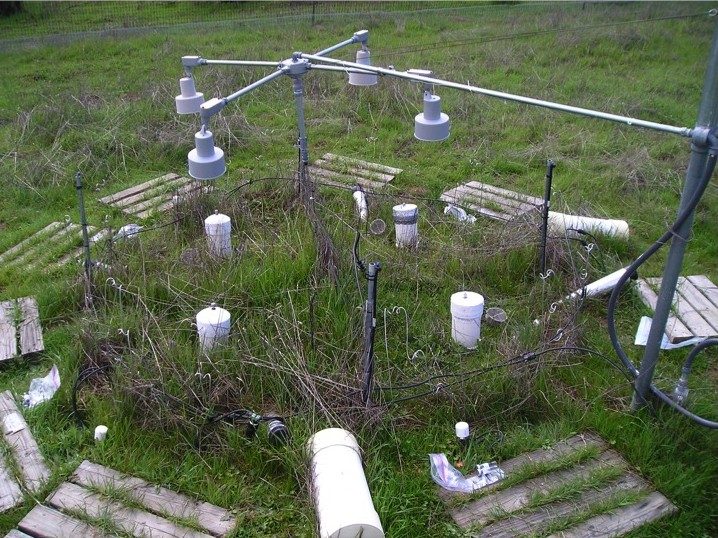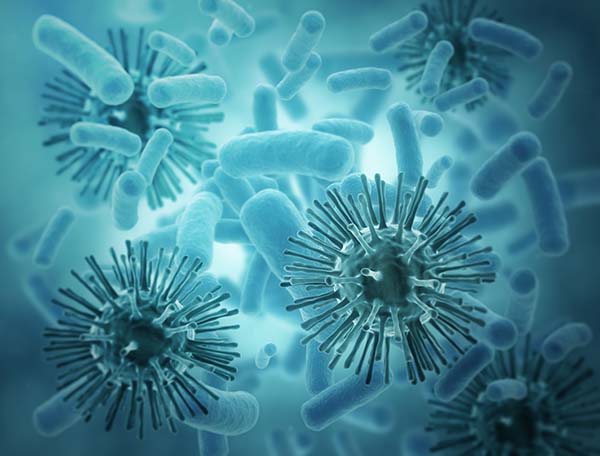Ecogeomorphic feedbacks in regrowth of travertine step-pool morphology after dam decommissioning, Fossil Creek, Arizona
The linkages between fluvial geomorphology and aquatic ecosystems are commonly conceptualized as a one-way causal chain in which geomorphic processes create the physical template for ecological dynamics. In streams with a travertine step-pool morphology, however, biotic processes strongly influence the formation and growth of travertine dams, creating the potential for […]


